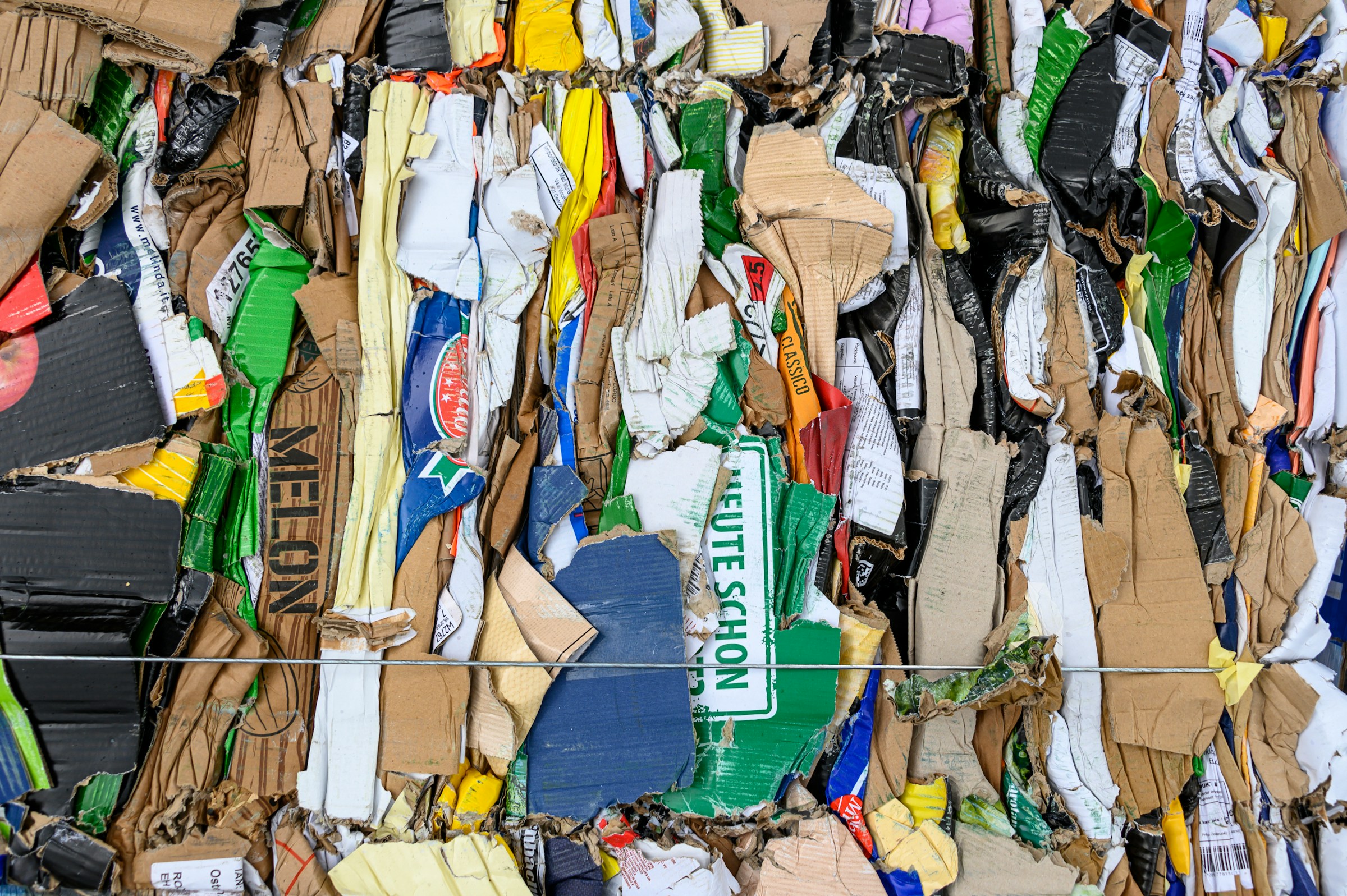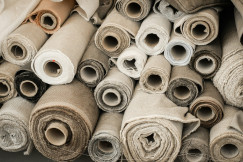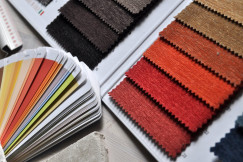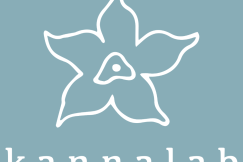Projects
09 May 2025
Luxembourg Upcycling Initiative: Transforming discarded workwear into sustainable solutions
Projects
09 May 2025
Sustainable competitiveness
Textile
Not area specific (interested in more than one of the above)
Login / create an account to be able to react
-
17

The Luxembourg Upcycling Initiative (LUI), launched by Hëllef um terrain in October 2023, repurposes discarded workwear to create usable objects, thereby reducing CO2 emissions through a circular economy approach. Initial findings from the Luxembourg Institute of Science and Technology (LIST) indicate that upcycled products achieve an average 87% reduction in environmental impacts compared to new items, with significant reductions in greenhouse gas emissions and water consumption. This initiative supports Luxembourg's sustainability goals and will continue until at least 2028.
HUT – Hëllef um Terrain
Topics
Luxembourg
Consumer Organisations
-
Transition Pathway's building blocks
-
-
Sustainable competitiveness
-
-
Industrial ecosystems
-
-
Textile
-
-
Textiles ecosystem areas
-
-
Not area specific (interested in more than one of the above)
-
Share
Luxembourg Upcycling Initiative (LUI) is a project by Hëllef um terrain. The purpose of the project is to create objects of use out of local discarded workwear, thereby reducing Co2 emissions following a circular economy approach by repurposing materials still in good conditions.
The project encompasses the following points:
- recovering uniforms destined to be thrown away and destroyed (e.g. from the army, police, fire brigade, Post Luxembourg or even private companies), giving them a second life and using them as raw material for other textile products;
- working on prototypes allowing the raw materials to be reused as much as possible and minimise textile waste production.
LUI is a project that started in October 2023, and it will continue at least till 2028. The first results from the LIST (Luxembourg Institute of Science and Technology) indicate significant environmental benefits of upcycling over traditional production. On average, upcycled products achieve an 87% reduction in environmental impacts compared to new products across all impact categories. This includes reductions of 93% for the hot-water bottle cover, 73% for the laptop sleeve, and 96% for the bike bag. The extent of this reduction varies by accessory type and impact categories.
Focusing on “climate change” and “water use” impact categories.
- Climate change: upcycling allows for considerable reductions in greenhouse gas (GHG) emissions, avoiding up to 6.60 kg CO2 eq./kg for the laptop sleeve, 5.89 kg CO2 eq./kg for the hot-water bottle cover, and 4.44 kg CO2 eq./kg for the bike bag. These avoided emissions are largely due to the reuse of existing textiles, which eliminates the need for energy-intensive production of new materials like polyester and polyurethane.
- Water use: water consumption is significantly lower in upcycled products, with savings reaching 1.92 m³/kg for the bike bag, 1.56 m³/kg for the laptop sleeve and 1.53 m³/kg for the hot-water bottle cover. This highlights the high-water demand of primary textile production, which is avoided through upcycling.
The findings provide strong evidence that producing textiles products through upcycling leads to significantly lower environmental impacts compared to brand-new production. This supports Luxembourg’s circular economy and sustainability goals.
Comments (0)
See also
-
14
The T-REX Project: Transforming household textile waste to valuable resources
- Categories
- Textile Not area specific (interested in more than one of the above)
-
11
The effect of technological transformations and geopolitical shifts on global value chains, TWIN SEEDS project
- Categories
- Textile Research and Innovation
-
33
Farm-to-Fiber: Building a hemp-based model for land restoration and textiles
- Categories
- Infrastructure Investments and funding R&I, techniques and technological solutions +17 more




